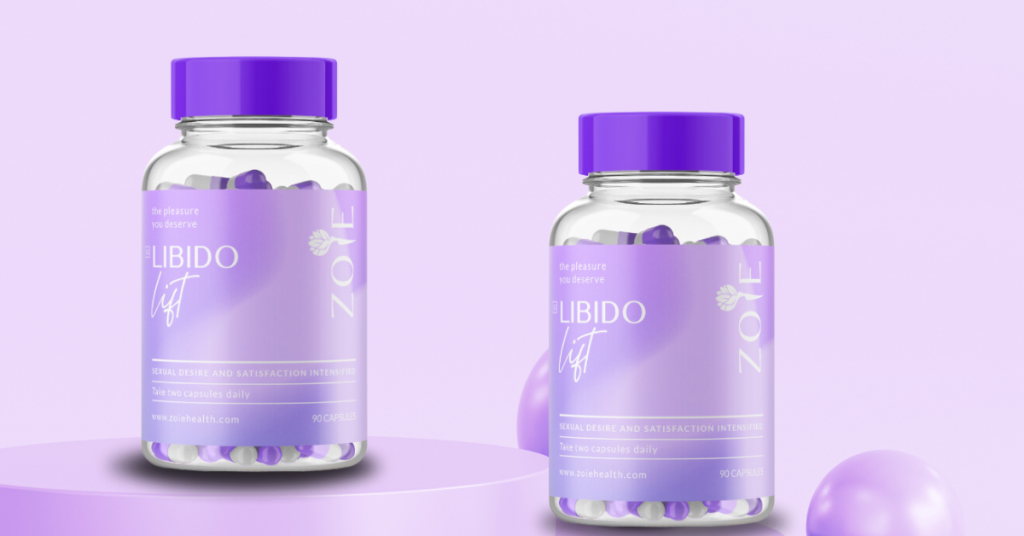If you’re trying to get pregnant, chances are you’ve also been trying to boost fertility by nixing a whole range of things that could hamper your chances of conceiving. While there are a number of things that could contribute to struggling to fall pregnant, a good diet can impact your chances significantly. “It is important to focus on things that support hormonal balance and ovulation,” says Dr Siyamak Saleh, a sexual health doctor.
“Maintaining a healthy weight, reducing stress, regular exercise, getting enough sleep (~8hrs for adults), taking folic acid supplements and following a diet that is rich in fruits, vegetables, whole grains, and lean protein can all help to support overall health and fertility. Additionally, regular unprotected intercourse every 2-3 day is recommended.”
If you’re dealing with fibroids, PCOS or endometriosis, you’ll need to speak to a doctor about specific treatments and specialist advice, says Dr Saleh. “Nevertheless, all the points mentioned still apply and should be followed to improve fertility.”
Boost Fertility With These Foods
Folic acid
According to the American Journal of Obstetrics and Gynecology, “Intake of supplemental folic acid, particularly at doses higher than those recommended for the prevention of neural tube defects, has been consistently related to lower frequency of infertility, lower risk of pregnancy loss, and greater success in infertility treatment.” Up your intake by dishing up plenty across your meals.
Find it in: Dark, leafy greens like spinach, beans, peanuts, fresh fruits and liver. Folic acid supplementation is also a great way to make sure you’re getting enough of this important nutrient. Try the Zoie Health pregnancy bundle, which contains key nutrients to help your chances of conceiving.
Soya
Soya products like soya beans or fermented products like tofu, contain isoflavones, a compound that could improve pregnancy outcomes, according to studies. Research shows increased endometrial thickness and higher ongoing pregnancy rates when supplementing with soya.
Find it in: Load up on tofu and edamame, which you can easily find in delicious poké bowls.
Whole grains
If you’re looking to boost fertility, don’t skimp on whole grains. They contain vitamins and selenium, which are antioxidant and antiinflammatory, mitigating any processes in the body that would sabotage pregnancy efforts. Plus, lignan, an active compound in whole grains, could boost fertility. Up your intake preconception to enhance your chances.
Find it in: oats, rye bread and wholewheat foods.
Clean protein
Animal protein intake while trying to fall pregnant is an ongoing conversation in medical circles, owing to the steroid hormones and growth factors in animals raised for meat. Try going with hormone-free sources of animal protein, or opt for plant-based sources. Per an NHS study, these decreased the risk of abnormal ovulation. There’s no ballpark figure for how much protein you should eat when trying to fall pregnant, but the general recommendation is to eat 0.8g of protein per kilogram of bodyweight.
Find it in: beans, tofu, plant-based protein, grass-fed beef and hormone-free chicken
Omega-3
This good fat is linked with better fertility, but be careful of the source: mercury contaminants from fish could mitigate your efforts. Try supplementing or find good, clean sources and load up on them.
Find it in: salmon, mackerel, cod liver oil, flaxseed, chia seeds, walnuts and soy beans.
Dr Saleh also says that while these are great foods for enhancing your fertility, there are things that should be avoided. “It is important to avoid processed and sugary foods, excessive caffeine (more than 200mg/day), alcohol, and smoking as they are proven to negatively impact fertility,” he adds. “Above all, it’s important to remember that there is no one-size-fits-all approach to fertility and that consulting with a specialist is always recommended.”









